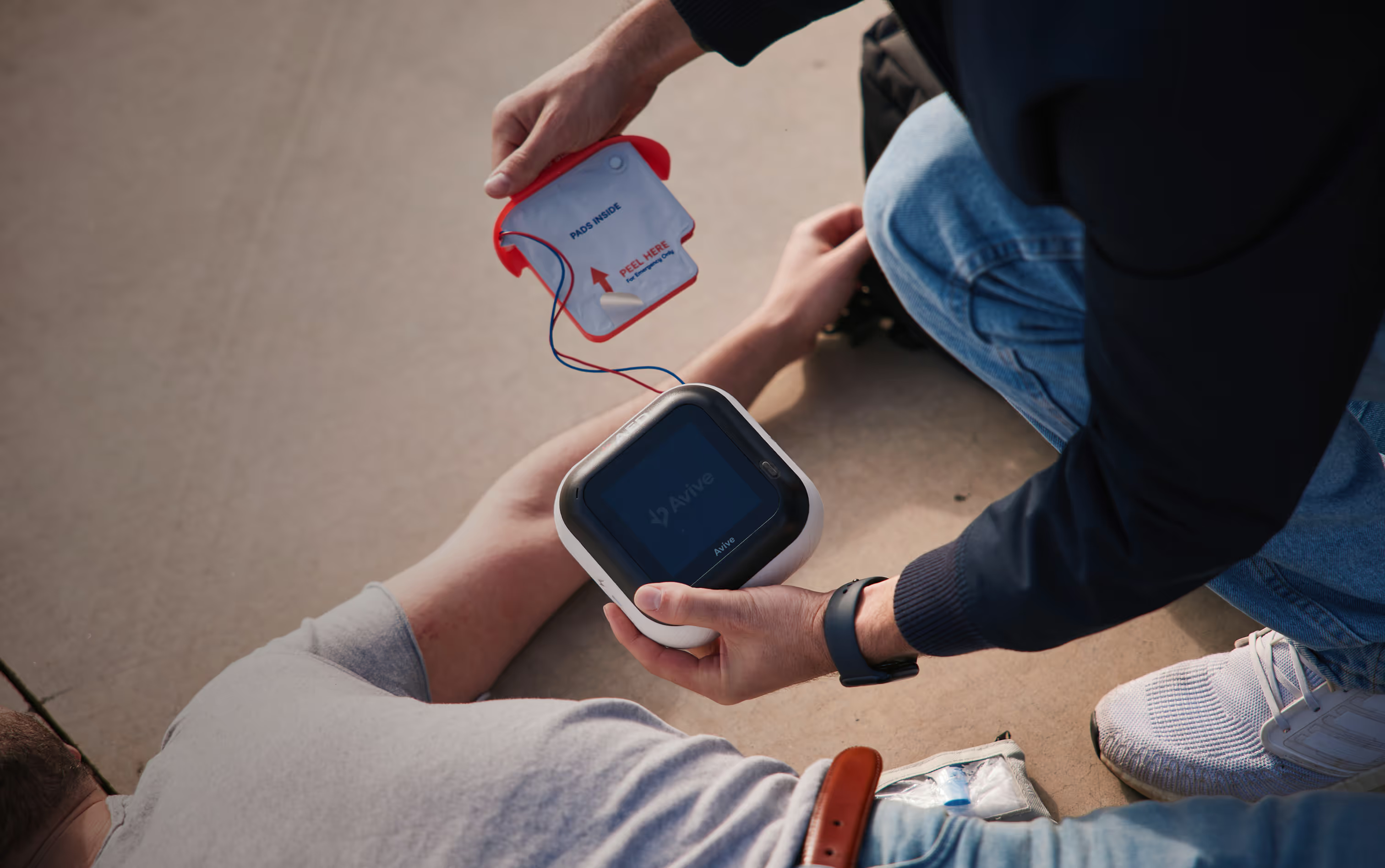Forsyth, GA
Expanding a system of connected cardiac care in Forsyth County.
Customer Story
Until now, AEDs have been treated as standalone tools and not as a part of a connected system. Avive partners with communities to change that.
Avive’s REALConnect™ services power industry leading AED connectivity, first of its kind 911 integration, and streamlined AED maintenance.
Help first responders and physicians make informed decisions faster with ECG data, usage timestamps, and shock analysis. Available immediately once the AED is powered off.
















From school districts, to police departments, to cities–leaders across the country are choosing Avive to support their cardiac arrest response networks.